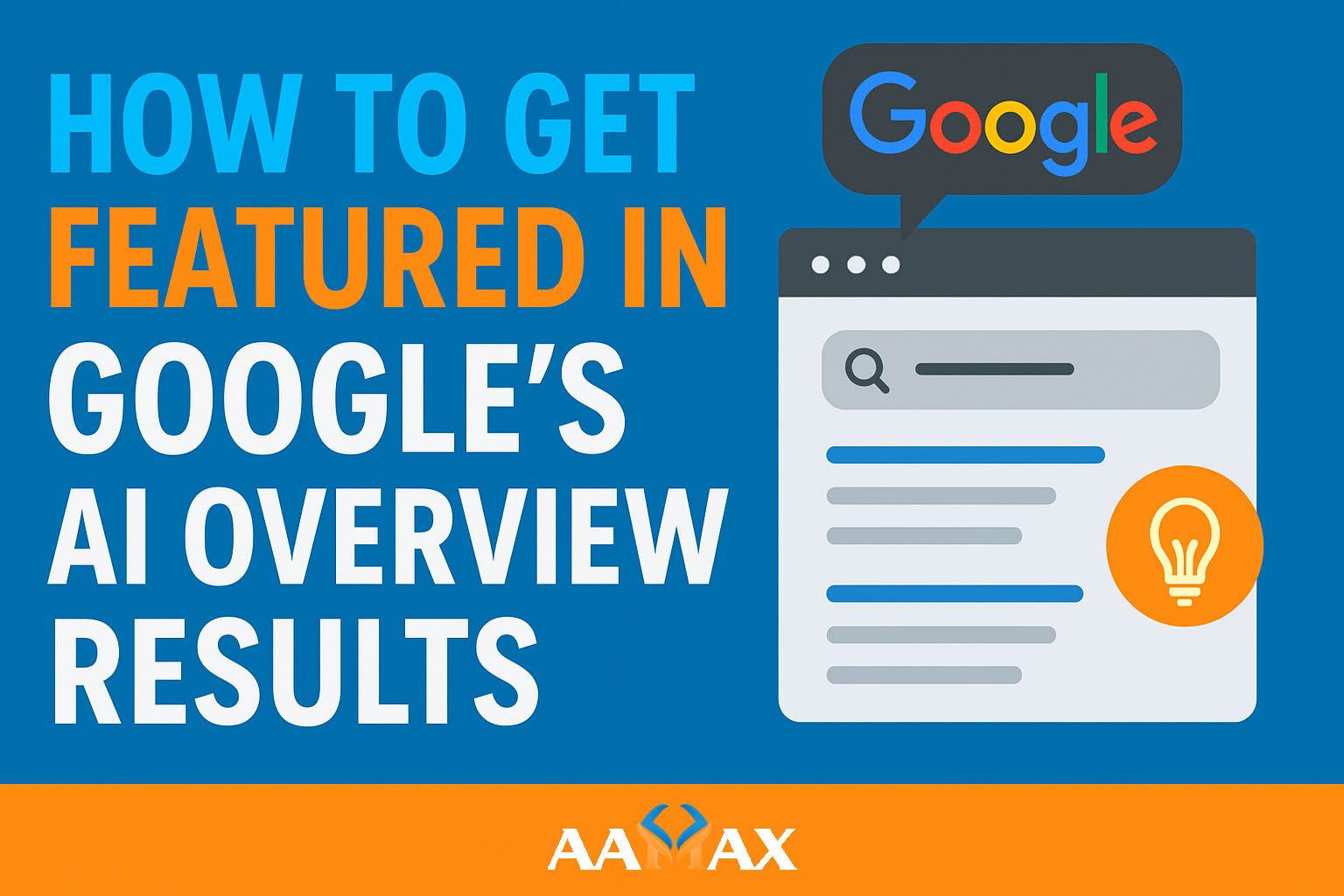
Industrial Marketing Pricing Guide: How Much Does It Cost?
Industrial marketing is the backbone of growth for manufacturing and B2B companies. But when it comes to budgeting, many decision-makers struggle to answer one key question: how much should industrial marketing cost? This guide breaks down the factors that influence pricing, common service rates, and how to build a budget that aligns with your business goals.
Understanding Industrial Marketing
Industrial marketing focuses on promoting products and services to other businesses—manufacturers, suppliers, and distributors. Unlike consumer marketing, it emphasizes:
- Longer sales cycles: Industrial purchases involve research, specifications, and approvals.
- Niche audiences: Campaigns target engineers, procurement officers, and decision-makers.
- Technical content: Messaging highlights precision, ROI, and efficiency.
Because the strategy is so specific, pricing reflects the need for deep industry expertise and high-value leads.
Key Factors Affecting Industrial Marketing Costs
The total cost of an industrial marketing program varies widely based on several core factors:
1. Business Size and Goals
A small manufacturer may focus on local SEO and LinkedIn ads, while a multinational might need global campaigns and multilingual content. Larger campaigns naturally require larger budgets.
2. Scope of Services
Do you only need SEO services and a website refresh, or a full-service program that includes PPC, content marketing, trade-show support, and automation? The more complex the scope, the higher the cost.
3. Competition Level
Highly competitive sectors such as aerospace or industrial automation demand aggressive bidding for keywords and robust content strategies, which increase expenses.
4. Geographic Reach
Targeting a local market is far cheaper than running multi-region or international campaigns. Translation, localized keywords, and international ad placements add to the budget.
5. Agency Expertise
An experienced agency that understands industrial buyers can save time and deliver faster ROI—but top-tier expertise often commands higher fees.
Typical Price Ranges for Core Services
While every project is unique, here’s a snapshot of common industrial marketing services and what you might expect to pay.
Website Design & Development
- Basic industrial website (10–15 pages): $5,000 – $10,000
- Advanced site with integrations (CRM, e-commerce, portals): $15,000 – $40,000
Your website is the foundation of all marketing efforts, so investing in a professional, conversion-focused design is critical.
Search Engine Optimization (SEO)
- Monthly retainer: $1,000 – $7,500+
- One-time technical SEO audit: $2,000 – $8,000
SEO is essential to capture long-tail keywords like “industrial pump suppliers in Chicago” and drive high-value B2B traffic.
Content Marketing
- Blog writing and white papers: $150 – $500 per article
- Case studies and technical papers: $1,000 – $3,000 each
Content marketing for industrial firms often involves technical writing, which requires specialized expertise.
Pay-Per-Click (PPC) Advertising
- Google Ads management: 10–20% of monthly ad spend
- LinkedIn Ads campaigns: $1,000 – $10,000 monthly ad spend recommended
Industrial PPC campaigns focus on high-value leads, which means competitive bids but significant ROI.
Email Marketing & Marketing Automation
- Setup and automation workflows: $3,000 – $15,000
- Ongoing management: $500 – $2,500 per month
Automation nurtures leads during long sales cycles and integrates with CRM systems.
Trade Show & Event Marketing
- Booth design and collateral: $5,000 – $50,000 depending on event size
- Pre-show and post-show campaigns: $2,000 – $10,000
Events remain vital in the industrial sector for face-to-face networking.
How to Build an Industrial Marketing Budget
-
Define Your Revenue Goals
Start by identifying the revenue you want to generate. Many businesses allocate 5–10% of projected revenue to marketing. -
Determine Cost per Lead (CPL)
Industrial leads often cost more but are higher in value. Calculate an acceptable CPL based on your average deal size. -
Prioritize Channels
If SEO drives the highest ROI, dedicate a larger share there. For some manufacturers, LinkedIn or trade shows might be more critical. -
Allocate for Testing and Optimization
Reserve at least 10–15% of your budget for testing new platforms, refining campaigns, and staying flexible.
DIY vs. Hiring a Professional Agency
Some companies try to manage industrial marketing in-house to save money, but the complexity of B2B campaigns often demands specialized skills. A professional agency provides:
- Industry expertise to speak the language of engineers and procurement teams.
- Integrated services from web design to SEO, ensuring consistency.
- Scalability to handle large campaigns and international markets.
When to Hire an Agency
If your team lacks technical marketing expertise, or if you need a new website, advanced SEO, or multi-channel campaigns, partnering with a full-service agency is the fastest route to measurable results.
For example, you can AAMAX—a full-service digital marketing company that offers Web Development, Digital Marketing, and SEO services. Their industrial marketing experience helps manufacturers capture qualified leads and improve ROI.
Cost-Saving Tips Without Sacrificing Quality
- Focus on High-Value Channels: Start with one or two channels that generate the most qualified leads.
- Repurpose Content: Turn a white paper into blogs, infographics, and videos to maximize output.
- Automate Repetitive Tasks: Use marketing automation to streamline lead nurturing and reporting.
Tracking ROI for Industrial Marketing
Measuring success is as important as setting a budget. Key metrics include:
- Lead quality and conversion rate
- Customer acquisition cost (CAC)
- Return on marketing investment (ROMI)
- Website traffic and engagement metrics
Advanced analytics tools and CRM integration will give you clear visibility into which campaigns deliver the best results.
Final Thoughts
Industrial marketing is a long-term investment. Costs depend on your company size, goals, and the complexity of your campaigns. From building a robust website to executing advanced SEO and content strategies, the right approach delivers measurable ROI and steady growth.
By understanding these pricing guidelines and working with experienced professionals, you can create a marketing plan that aligns with your budget and drives consistent, high-quality leads in the competitive industrial marketplace.







